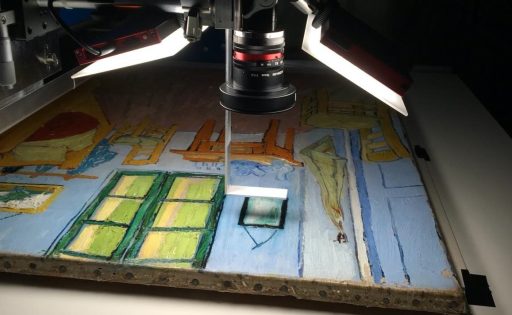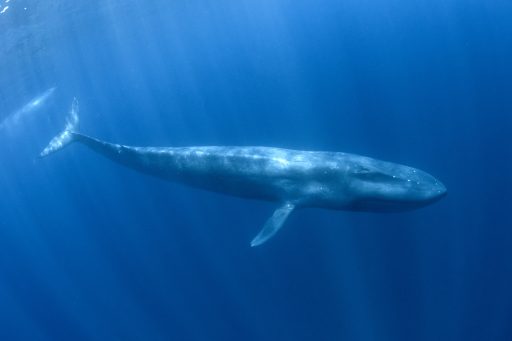Why do some colours in Vincent van Gogh’s paintings gradually change, and what can be done about it? That is what the Van Gogh Museum is trying to find out together with ASML and various scientific institutions.
“Simple pen and paper are not enough; numerical modelling is needed. This kind of modelling is also challenging because of many different time and other scales, and it requires supercomputer resources,” says Professor Maarit Korpi-Lagg.
Jisc, the NREN of UK, is working with startup company TeacherMatic to bring relief to teachers across the country through artificial intelligence.
A European project will enable the prediction of flooding from glaciers that threaten settled areas and infrastructure.
With assistance from a supercomputer, a Finnish research group has developed the first comprehensive Finnish language model.
Using sub-sea cables as scientific instruments for collecting environmental and other data is an interesting new trend
In Finland, a new type of supercomputer merges conventional supercomputing with quantum computing. An application could be calculating in near-real-time how a tsunami will develop.
A European initiative for open science allows archaeologists to map the journeys of Vikings based on artifacts found in different countries.
The technology reveals evidence for human heavy metal exposure, as well as preservation status of bone, dental tissue, and hair at micrometre scales.










